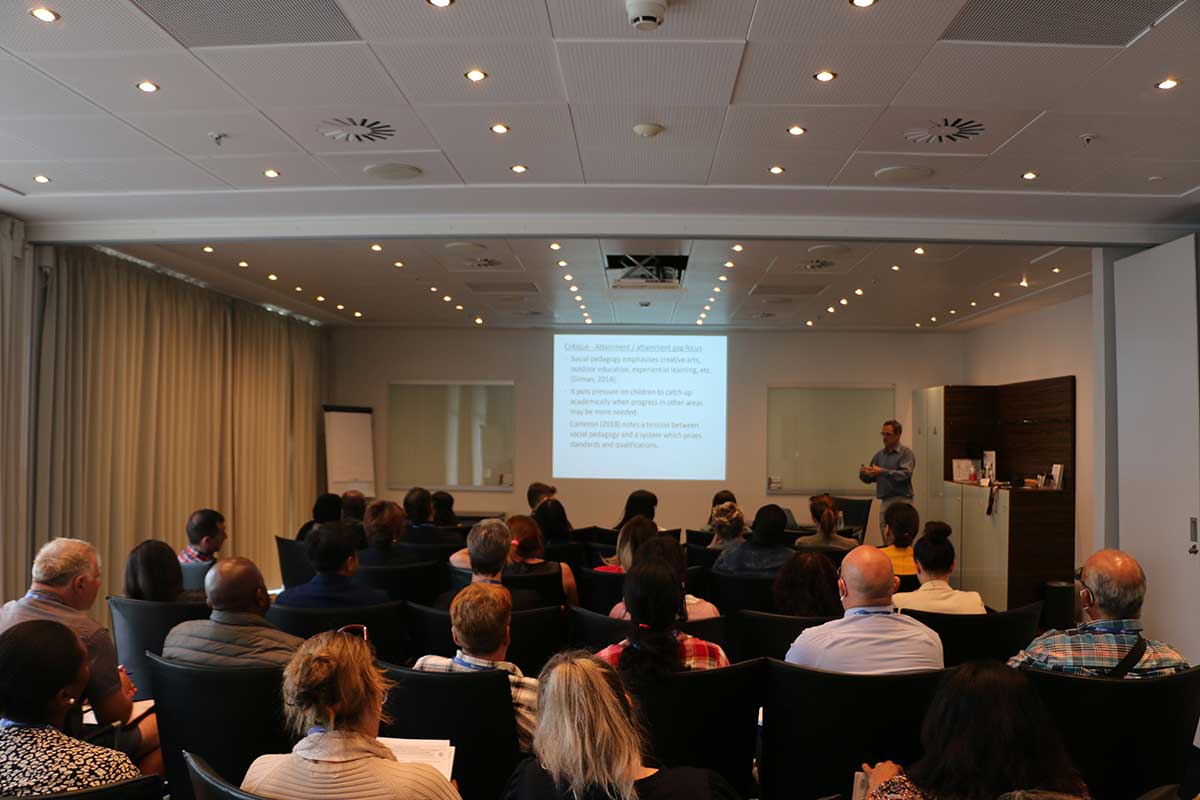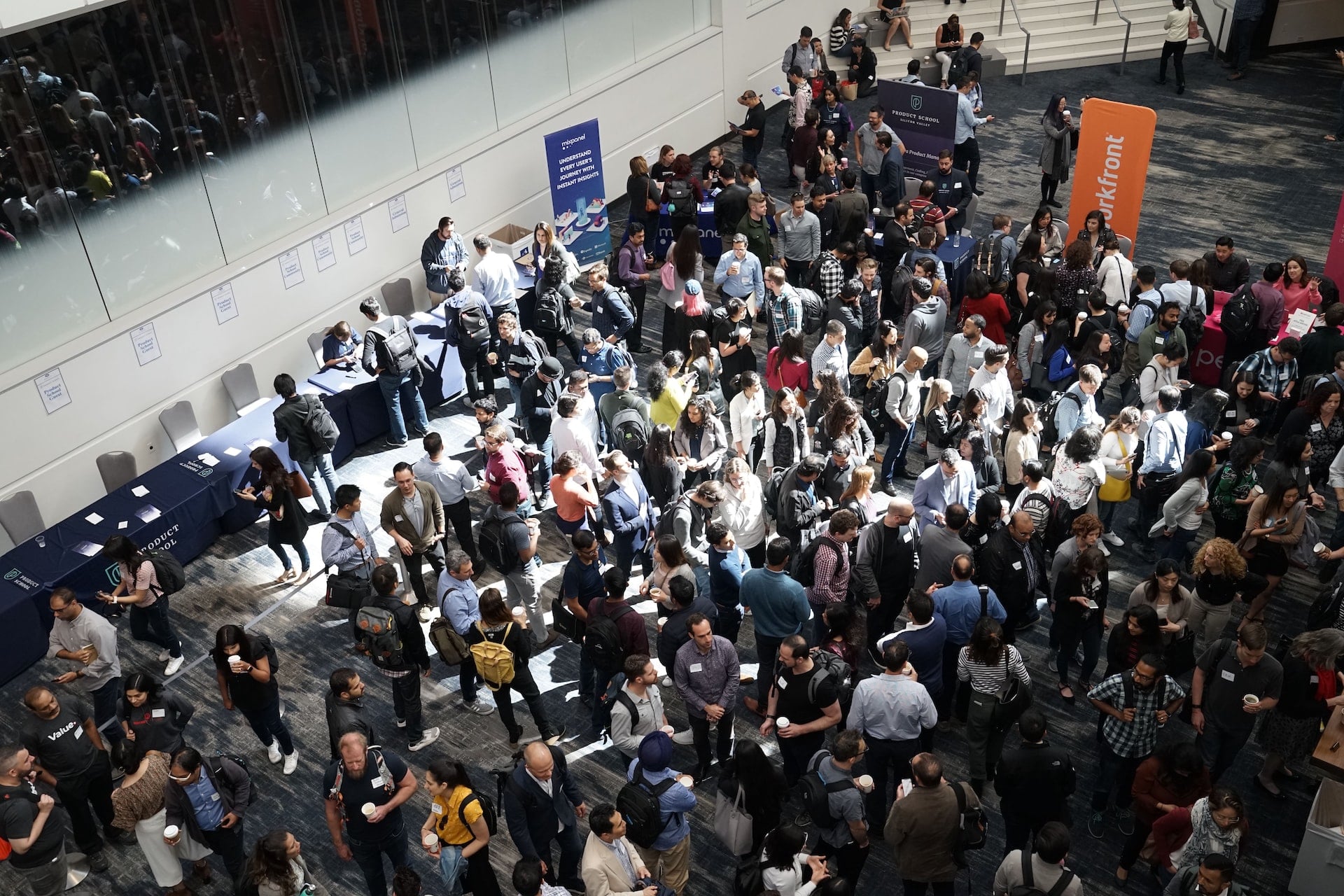Fundamental changes in society and business happen when unexpected events occur and new ideas become widespread. During World War II, for example, when men went to fight a war, women proved that they could do the works understood as masculine ones — and do it well. Women never looked back after that and changed society. Right now, the Coronavirus pandemic is forcing the global spread of remote teaching and online learning. It definitely transforms an education, but does remote teaching proves to be a success.
As this crisis-driven experiment battles with college education, some concerns are rising. One of the main question – do students really need a four-year residential, University campus based experience? Some of the lectures require little human interaction and could be recorded. Students would stay at their own place and would watch teaching online. For instance, teaching gravitational constant is pretty much the same the world over and such courses, technology platforms can deliver the content to very large audiences at low cost. On the other hand, how to deal with group assignments, faculty community interactions, career guidance, personal interaction, something that cannot be done remotely? A hybrid model of education can be a solution. For example, faculties can facilitate social networking, field-based projects, and global learning expeditions — that require face to face engagements. This model has the potential to make college education more affordable, and would also help for those who need to work during the studies because it would require less time to stay at the campus.
Now is the perfect time to see if remote teaching is working well. Students, researchers, professors, and university administration must keep an eye on which classes and subjects are benefiting from being taught remotely and which ones are not going so well. Furthermore, it needs observations about technology issues, teaching design, course delivery, and evaluation methods. These data points can inform future decisions about when — and why — some classes should be taught remotely, which ones should remain on the campus, and which within-campus classes should be supplemented or complemented by technology. Here private Universities will benefit more – they have better IT infrastructure and higher IT support staff ratio for each faculty compared to budget-starved public universities. Another problem is the technological level of all teaching staff. Not all academics are convenient with online learning and there is a digital divide among those who have never used even the basic audio-visual equipment, relying on blackboards and flipcharts, and younger faculty who are aware of and adept in newer technology. If many instructors will not be trained to design multimedia presentations, colleges and universities will need to train,
spend time and finances to adapt them to a new reality. And the final question – how students feel about virtual classes? Some of them, of course, will benefit from cheaper costs and more available time, while others feel as if they don’t belong to a University community, which in real life instills a sense of competition, as well as motivation. Anything done online suffers from attention span, because students multitask, check emails, chat with friends, and surf the Web while attending online lectures.
The ongoing coronavirus pandemic has forced a global experiment that could change higher education forever. The “Covid-19 Technology Access Framework” released by a coalition of 30 universities – spearheaded by Harvard University, the Massachusetts Institute of Technology, and Stanford University – resembles the framework which declares that all technology and intellectual property of the 30 universities on the prevention, diagnosis, and treatment of Covid-19 will be provided free of charge to the world. The only obligation for the research institutes or corporations that use this shared knowledge is to accelerate commercialisation and to allow access to more people at low cost. The way to share knowledge is changing and many new ways come to real life.













0 Comments